
Chairman and Founder, MJH Life Sciences, Mike Hennessy, Sr, introduces the February issue.

Chairman and Founder, MJH Life Sciences, Mike Hennessy, Sr, introduces the February issue.

Editor in Chief John Miller, MD, shares his insights on the upcoming Psychiatric Times World CME Conference in October.

We are privileged to hear and are trusted with our patients' darkest secrets. Our availability for whatever is needed that is not addressed in the rest of medicine makes us invaluable to society, and this will undoubtedly be the case in the 2020s.

"The idea of seeing a patient, not just a diagnostic label, is an extremely valuable lesson. Being primed to see certain behaviors as pathological in certain contexts and perfectly normal in others is something that all doctors should be aware of." -Susannah Cahalan

A tripartite dimensional approach may be used to better understand the mental functioning of those who commit mass violence.

When it comes to mass shooters, persistent emotional disturbance is not the same as frank “mental illness.” Exploring the spectrum of psychopathology.
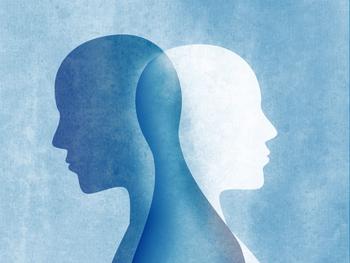
Do you need help persuading patients to try lithium?

Because climate instability is a global challenge, America and Australia, on different sides of the world, can model how global partnerships can work.

New research discovered mid-pregnancy insomnia may be a marker for both concurrent and postpartum anxiety.

On October 23, 2019, Senator John Cornyn (R-TX) introduced the Restoring, Enhancing, Strengthening and Promoting Our Nation’s Safety (RESPONSE) Act: a proposed legislative solution to mass shootings.

As historians and mental health professionals both know, in the words of the writer William Faulkner, “The past is never dead. It’s not even past.”
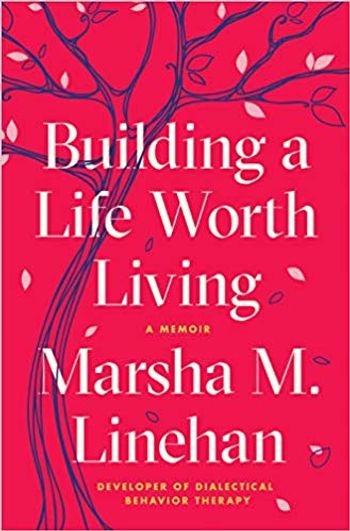
To read Linehan’s memoir is to realize that she underwent a crucifixion and resurrection of her own, and that the Pontius Pilate in her story is psychiatry itself.

While many think there is no need to discuss suicidal thoughts before adolescence, new research shows that clearly is not true.
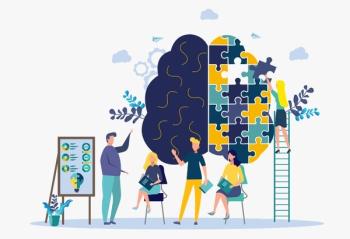
A diminished interest in psychotherapeutic interventions runs the risk of missing patients' emotional, social, and practical needs (including medication-modifiable symptoms) and, thus, less clinically responsible care.

Minerva Neurosciences announced it has completed phase 3 patient randomization in a multicenter trial of roluperidone.

What are the diagnostic distinctions between schizophrenia and other psychiatric disorders? Answer this and related questions in this quiz.

The herbal supplement kratom may be less addictive and more effective for the management of pain than opioids, according to new research, but caution is needed.

This research update underscores the need to be well versed in the data in order to have meaningful conversations with our patients who are cannabis users or contemplate use.

As clinicians, how do we elevate our humanity to connect with the entire patient? How do we expand our knowledge base, move beyond our implicit biases and understand the critical role of culture?

A study examining the connection between substance-induced psychosis and subsequent diagnosis of schizophrenia or schizoaffective disorder provides key implications for treatment.

New insights on the association between family history of type 2 diabetes and comorbid diabetes in patients with schizophrenia and other nonaffective psychoses.
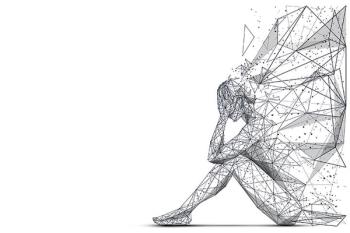
With their early age of onset, high prevalence, chronicity, and pervasive impact on multiple domains of functioning, the burden of mood disorders exceeds that of virtually all medical conditions in the US and globally in terms of disability, cost, and suffering.

Just as the progress over recent decades has improved the clinical evaluation and management of BD among children and adolescents, the remaining gaps serve to inform future progress.

Although multiple interventions exist for major depressive disorder (MDD), only partial response is achieved in many patients and recurrence is common. Combining medication and psychotherapy may enable more effective treatment of MDD.

The first part of this series covered updates on traditional psychotropics-lithium, anticonvulsants, antipsychotics, and more. Here, Part 2 examines anti-inflammatories, natural supplements, and mitochondrial therapies.
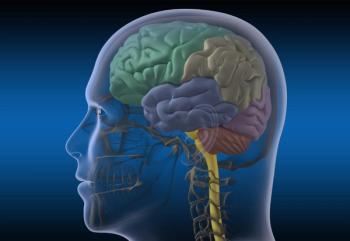
This article broadly reviews the pathophysiology of the most common forms of autoimmune encephalitis and provides guidelines tailored toward mental health professionals to best identify and manage these rare but important causes of neuropsychiatric illness.

In the early years, treatment was largely restricted to restraint and sedation with great emphasis placed on fresh air for prevention of mental illness. Later, the aim of treatment was to prevent transfer of patients to country asylums.

The passing of some elder psychiatrists in the past year demonstrate that love-and psychiatry and psychiatrists-can be “many splendored things,” as the song goes. Here are some models to prove that point.

Like it or not, social media has become a constant in our lives, and it is getting harder to unplug. But, is social media actually causing harm?
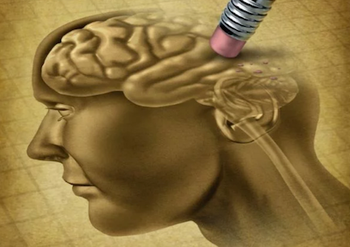
In this video, Marc E. Agronin, MD, discusses several factors that may play a role in agitation. One would be underlying medical causes. It could be an acute disease state impairing brain function. And the list goes on.